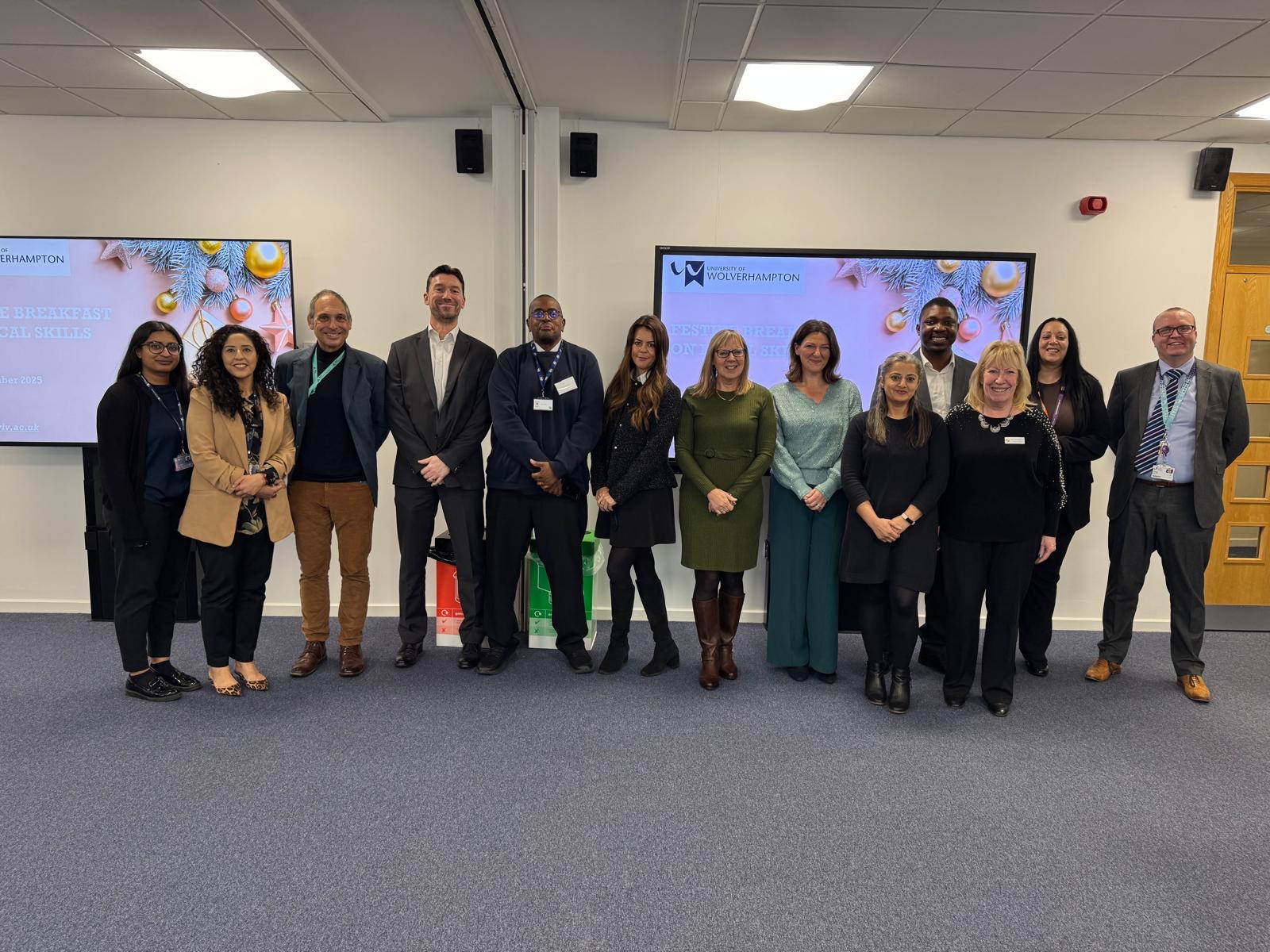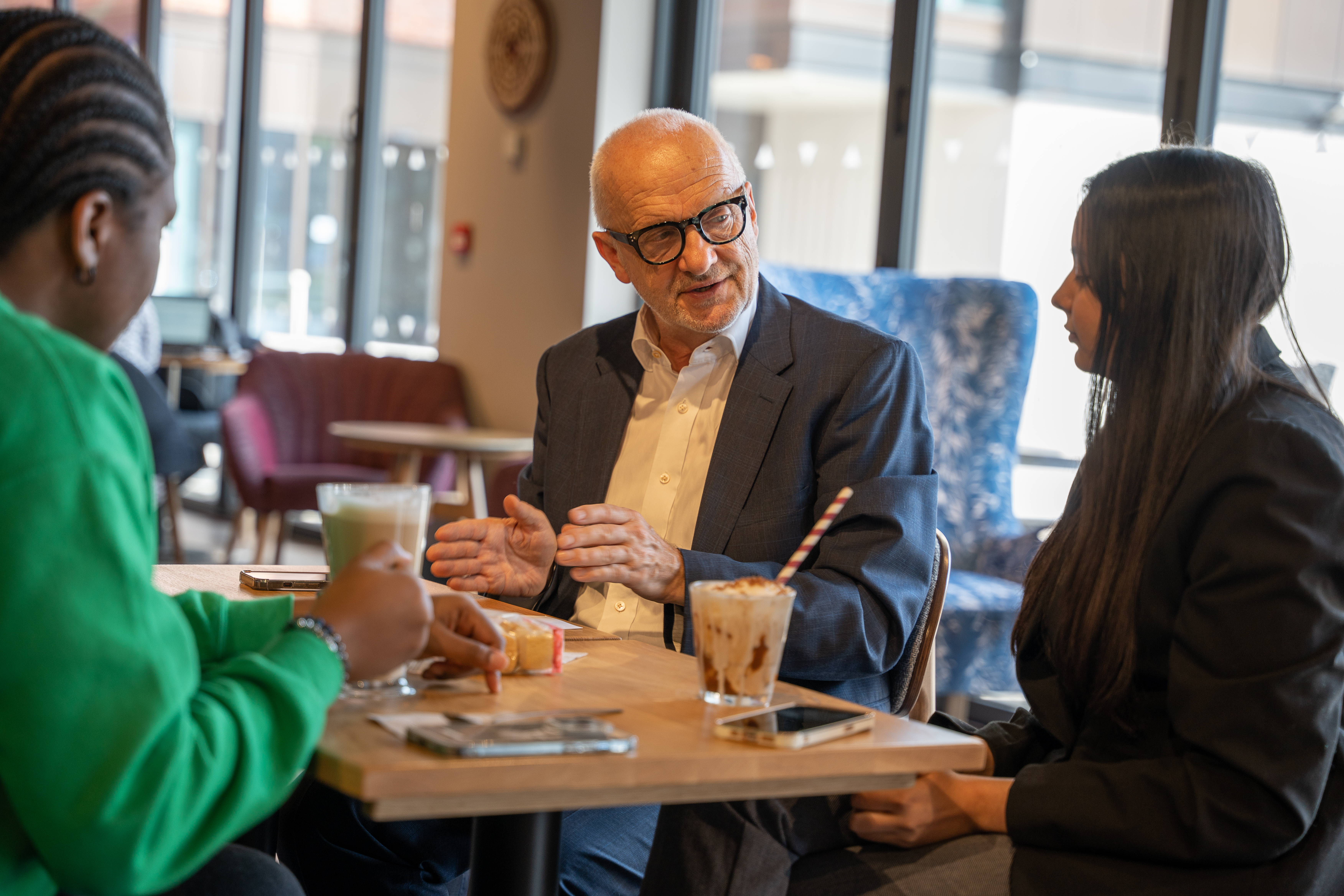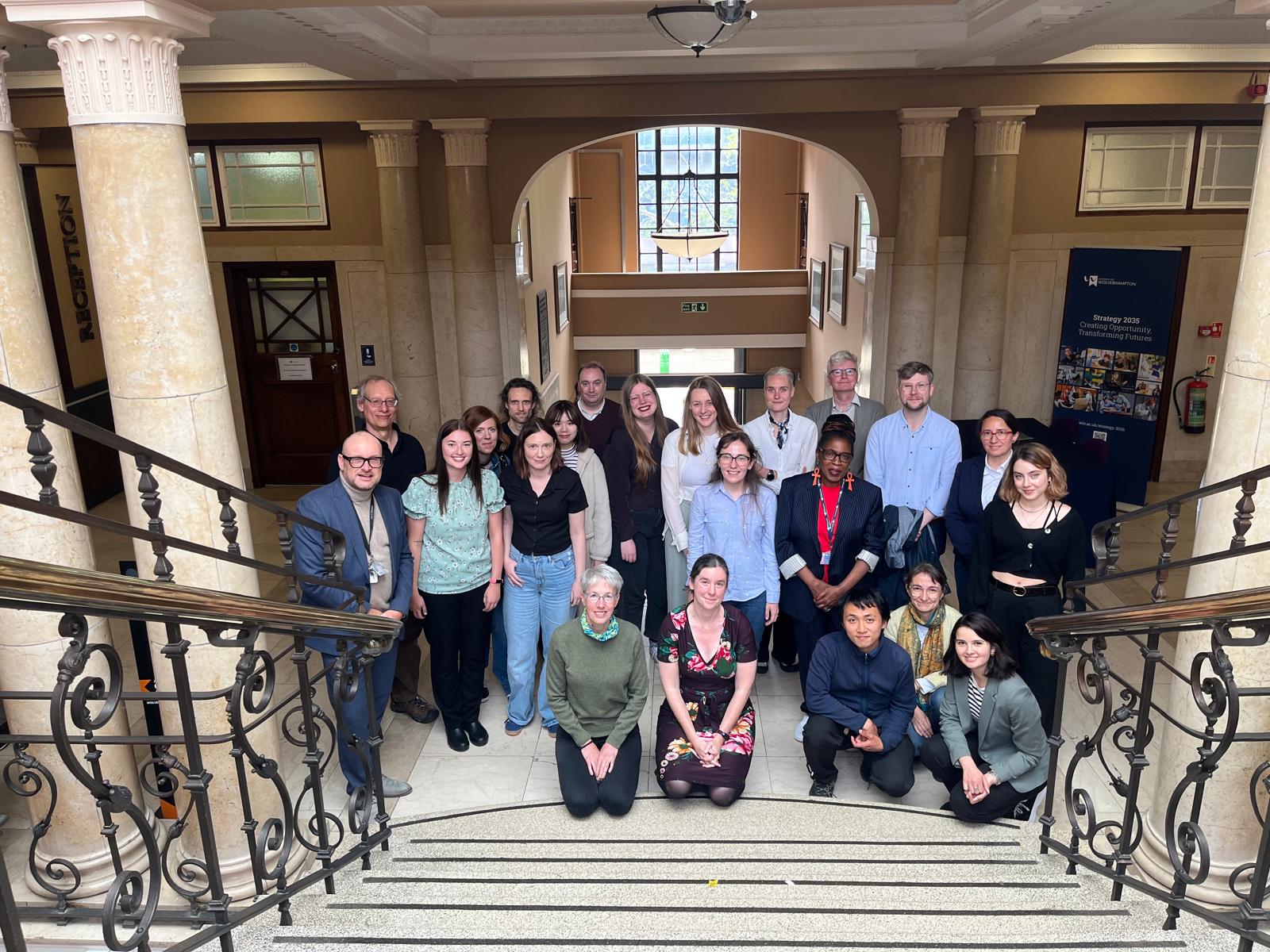
Helping citizens break free from the chains of their birth postcode

Professor John Raftery, Vice-Chancellor at the University of Wolverhampton, and Gemma Kay, Director of Aspire to HE, blog about helping people break free from the chains of their birth postcode.
This article was written for HEPI - the Higher Education Policy Institute.
Where, and to whom, we are born are among the strongest forces affecting our life expectancy, our work careers, health outcomes, and the amount of taxes we pay over a lifetime.
What do we mean by ‘disadvantaged’? We refer to specific student characteristics, which make it less likely those pupils will consider higher education. These include eligibility for free school meals, gender, ethnicity, special educational needs, first language and the area they live in. This Index of Multiple Deprivation (IMD) paints a grim picture of the UK’s inequalities. Here are some figures which illustrate the magnitude of the task facing the University of Wolverhampton and similar institutions that admit these students. At secondary school, by the time they take their GCSEs, those pupils who have been eligible for free school meals at any point in the last 6 years are 18.1 months of learning behind their peers. This gap has remained unchanged in the last five years. Those who have had free school meals 80 per cent of their time at school have a 22.7 month gap behind their peers. These are the students we endeavour to support.[1]
In our part of the West Midlands, 18–25-year-olds in the most deprived postcodes historically had just over 19 per cent probability of gaining access and completing three years of higher education. Between 2017 and 2021, ‘Aspire to HE’, based at the University of Wolverhampton, raised that participation rate from 19 to over 46 per cent, working with over 60,000 students from disadvantaged backgrounds to empower them to make informed and ambitious choices about entering and progressing through higher education, including non-traditional routes, such as into degree apprenticeships.
What happens when those students enter university? Although you would not know this from recent media coverage, the majority complete their studies. Then, they go on to live longer, healthier lives; have higher propensities to vote, volunteer and engage in civil society; pay more taxes than their birth peers who did not study at university; and have a lower probability of serving time in an expensive prison.
At the University of Wolverhampton, where some 50 per cent of the intake to undergraduate degree programmes comprises students from the IMD 1 postcodes, the top three most popular courses they enter are nursing, primary education and law. In 2021/22 this group of Aspire HE students comprised 794 students. In each of these three courses, the Aspire HE students stayed on after first year at a higher rate than the other students on their course. Here are the figures for continuation (after first year) for each course -i.e. the percentage of students who got through and were able to register for the second year of their programme. In each case, the first figure is Aspire HE, while the second is for the other students on that course.
- Adult Nursing 93% (89%)
- Primary Education 92% (91%)
- Law 93% (82%)
Adjusting for the numbers on other courses across the university, some 89% (707) of the 794 Aspire HE students were able to continue and did in fact re-register for the second year of their programmes.
UniConnect funding is currently under review and only agreed to continue in principle until July 2025. If this ends, as will happen unless a decision is taken to extend the UniConnect funding, who will provide impartial advice and support to level up the playing field? Who will ensure young people get the opportunity to visit universities and see that this could be a pathway for them, even if they are the first in their family to consider it? It is baffling to see a government about to renege on its own successful policies. UniConnect is one of the schemes set up by this Conservative government precisely to encourage and broaden aspirations.
We have shown here that at one university (the University of Wolverhampton) in just one intake, the first-year intake of 2021, the life trajectory of more than 700 citizens from the most disadvantaged areas in the country was changed significantly, and for the better. This would not have happened without funding and the hard-working staff and expertise of Aspire HE and the University.
The question now for us as a nation to consider is, do we believe this is a reasonable use of taxpayer money? Students are responsible for their own fees. The ‘taxpayer money’ to which we refer is the amount of SLC loans which are still unpaid 30 years later, in this case by those in low-paid professions such as nursing and teaching. What would be the long-term consequences for citizens (and voters) of capping the number of students on such courses? Do we want to live in a country where we ‘stand by’, not taking some rather obvious actions which have been shown to help citizens break free of the destiny written for them in their birthplace? Or do we decide to take active steps to create pathways for all our citizens to maximise both their individual potential, and our collective potential as an educated, skilled nation with increased diversity in the professions?
[1] In order to engage with these students, UniConnect partnerships work regionally to target evidence based multi-interventional outreach activities into local schools and colleges. Activities include delivering information, advice and guidance sessions, mentoring programmes, HE campus visits, masterclasses, and working with university academics to deliver specialist attainment raising sessions in core subjects such as maths and science.
For more information please contact the Corporate Communications Team.


/prod01/wlvacuk/media/departments/digital-content-and-communications/images-2024/Architecture-students-tree-planting.png)
/prod01/wlvacuk/media/departments/digital-content-and-communications/submitted-news-images/CLS-cohort-2024.jpeg)
/prod01/wlvacuk/media/departments/digital-content-and-communications/submitted-news-images/Thats-Me!-.jpg)
/prod01/wlvacuk/media/departments/digital-content-and-communications/images-2024/Arthi-Arunasalam-teaser.jpg)
/prod01/wlvacuk/media/departments/digital-content-and-communications/submitted-news-images/Business-Breakfast.jpg)

